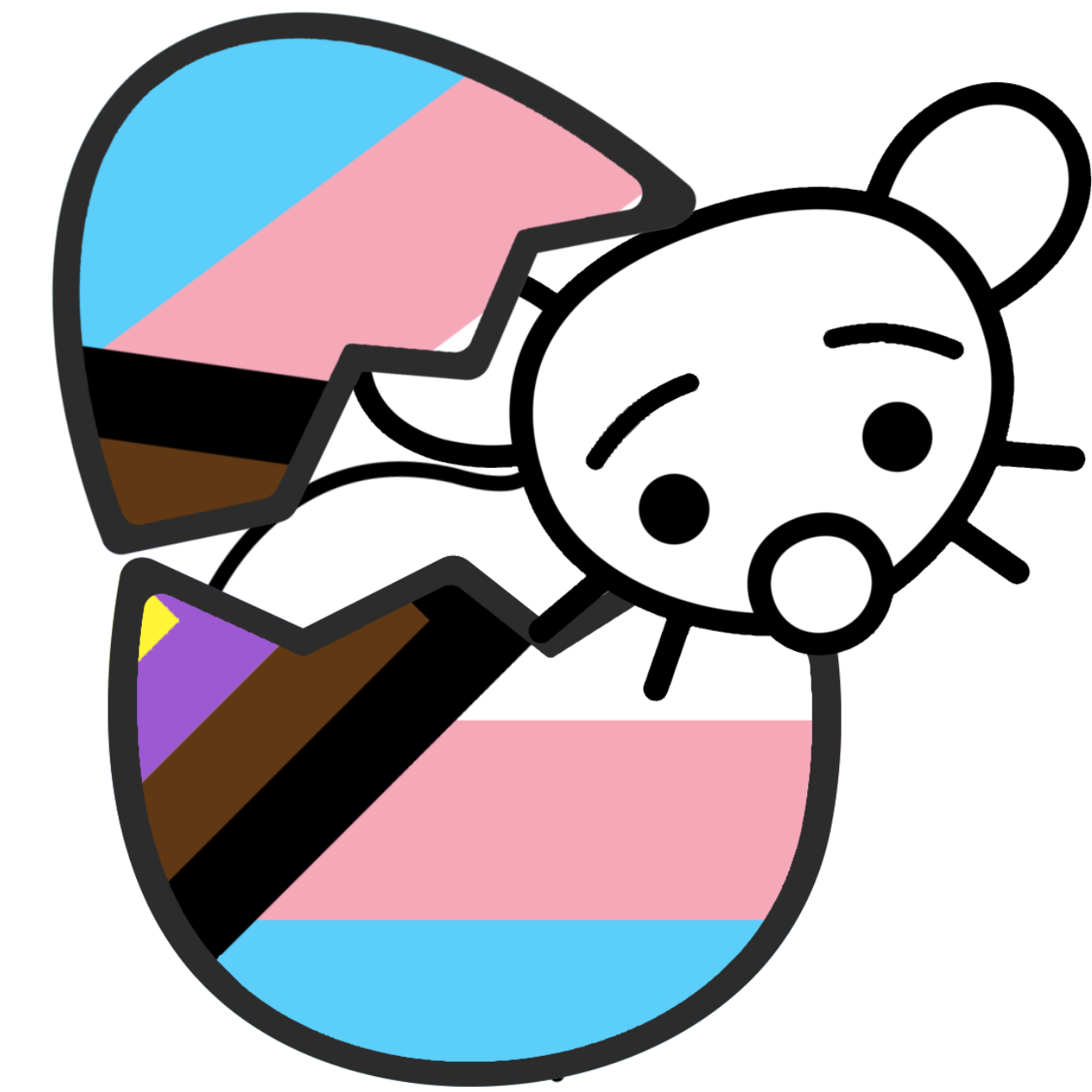How to get out of an uncomfortable egg culture situation with this one simple trick.
Real talk: Calling people eggs is a violation of the egg prime directive, and is considered invalidating as you are trying to say that a person is not the gender they identify as, that their identity is invalid. Don’t call people eggs, like ever, it’s extremely uncool.


You are taking the science of neuro-correlates beyond what can really be said, especially for something as multifaceted as gender.
For example, how does one parse the causes of gender itself from dimorphic sex/gender differences?
There are numerous psychological traits that tend to correlate heavily with sex, and from what limited research exists on trans people, correlate based on identified gender as well. However, it would be totally false to say that these traits are determinant of gender, as many people don’t fit within those generalizations. In all likelihood, few people probably follow the trends aligning with their gender to the letter. Most women have a handful of things that they differ from other women on, and it is the same with men. These traits cannot be understood as the cause of gender with current data, and any theory that claims to do so would be speculation at best. So whenever you look at these neurocorrelates of gender, you must recognize that they might not be due to gender itself. The differences between different gendered brains is important, but it could actually be measuring dimorphic traits instead of gender itself.
Also, the way you dismiss genderfluidity as not a genuine identity is serious overreach. There are few studies on nonbinary identities in general, so saying things about them like that isn’t scientific. It seems more based on your own experience of gender than anything else. For all you know, there is a constant fluidity to everyone’s gender, with some having more than others. Maybe you never dip into another gender, but how can you say others don’t?
We also can’t say that gender truly does not change, only that we don’t know how it could change, and that all attempts to alter it carry near certain risk of serious harm. There aren’t many elements of our psychology or personality that can never change, as our brains are physical substrates that can change in countless ways. The fact that we’ve seen little evidence of gender changing with brain damage indicates that it is a more distributed phenomenon. This makes it similar to consciousness, which does not have clear correlates either.
We are at the infancy of understanding gender, and psychology in general is in its infancy. You’re missing the point in how you’re interpreting the evidence. It’s ok to simply not know. It’s ok to not have an answer. That’s a fundamental part of all science.
It’s exactly why the brain sex arguments are often generally considered transmedicalist pseudoscience.
Exactly, honestly the idea that it can’t doesn’t seem to add up, our brains are constantly changing. I wasn’t the same person 5 years ago, 10 years ago I was also completely different, and 15 years I was also different. If our personalities can shift and change throughout our lives who’s to say gender can’t either.
Keep in mind that traumatic brain injuries which completely reshape a person’s brain and mind are much rarer than one would believe reading neuroscience papers. Most people who suffer critical brain injuries like a bullet to the brain, a knife through the head, or even a steel rod through their skull succumb to them. They never live to tell the tale. Those like Phineas Gage are the lucky ones, they don’t say they cheated death for nothing. It’s very possible that specific brain damage could cause a change or diminishment of gender identity, or gender feelings, but we’ve never seen someone with that injury, or they had more than just that injury and died.
Brain injuries can change large parts of a personality, they can completely change a person. I think it’s naive to say that it couldn’t alter one’s gender perception. Especially when we just don’t know, there’s so much about the brain we don’t know.